Sport
The formation of a parallel government in Sudan by the paramilitary RSF and its allies portends grim possibilities for a nation already battling what is already the world's worst humanitarian crisis.
Sudan's Nyala hosted a ceremony on August 31 that marked what could be an inflection point for the conflict-ravaged nation, triggered by potentially its most damaging political fracture since South Sudan's secession.
Mohamed Hamdan Dagalo, leader of the paramilitary Rapid Support Forces (RSF) that has waged war against the Sudanese Armed Forces (SAF) led by General Abdel Fattah al-Burhan since April 2023, took the oath of office that day as head of a parallel government.
Militia leader Abdelaziz Adam al-Hilu, sworn in as Dagalo's deputy, and a 13-member presidential council complete the hierarchy, according to a statement by the new Sudanese Founding Alliance.
The timing of the ceremony appeared deliberate and carefully designed to counter events on the rival side. Days earlier, the internationally recognised Transitional Sovereignty Council, headed by al-Burhan, had held its first cabinet meeting in Khartoum since the civil war erupted.
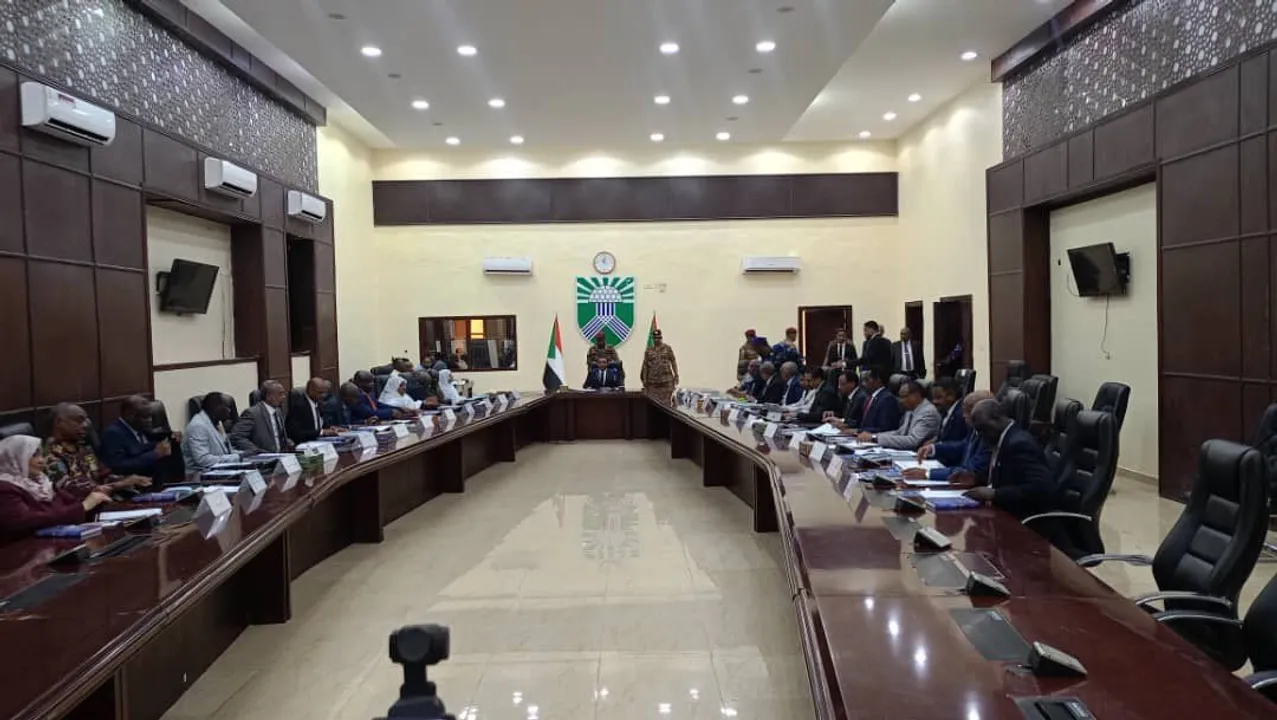
Now, with two opposing governments claiming legitimacy, experts see the polarisation of Africa's third-largest nation becoming a formality after years in the making. The creation of a parallel administration, which the military-run Sovereignty Council has dubbed a "phantom government", also highlights the effects of a deadlocked war in which neither side is close to victory.
The African Union and United Nations have both rejected the parallel governing authority in Sudan, flagging it as a threat to the country's unity and territorial integrity.
Cleaved by conflict
The RSF and its allies have strengthened their grip on western Sudan since ceding much of the northern, central and eastern regions, including Khartoum, to the armed forces earlier this year.
Dagalo's units now control all but one of five state capitals in the Darfur region, paved with gold reserves in an arc stretching across Sudan's borders with Libya, Chad and the Central African Republic.
"This shouldn't be underestimated, for what happened a few days ago is a turning point in Sudanese history," says analyst Elbashir Idris, drawing uncomfortable parallels with the 2011 referendum that split Sudan in two.
Sudan's foreign minister Omar Mohamed Ahmed Siddig dismisses the rebel administration as unsustainable, arguing that the paramilitaries are "sowing the seeds of their own demise".
He points to the erosion of local support following heavy civilian casualties and mass displacement that has led aid agencies to declare this the world's worst humanitarian crisis.
"There is no danger to the unity of the country, although this may affect and delay a solution to the problem," says Siddig, questioning whether the rebels possess the administrative faculties required for a functioning government.
"I don't think there is any rational government that can provide any sort of recognition to this so-called parallel government in Nyala."
Fighting for primacy
The warring factions have adopted identical symbols, both using the Sudanese secretary bird in their emblems by claiming to be the rightful successors of the government.
As Idris notes, this has become as much a fratricidal fight as it is a war of attrition. "Essentially, they are now fighting for tiny bits of land because of the stalemate," he tells TRT Afrika.
Comments
No comments Yet








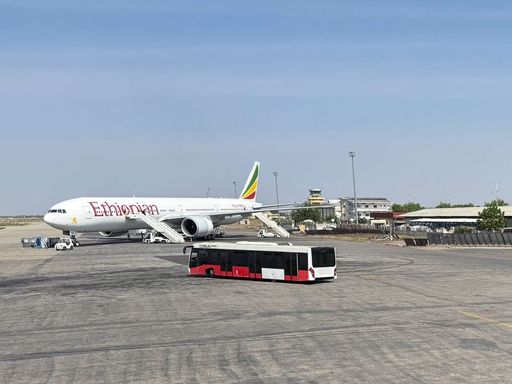
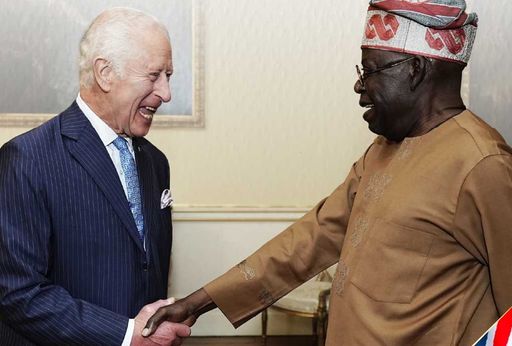
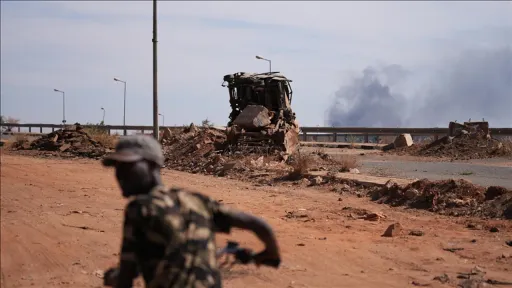
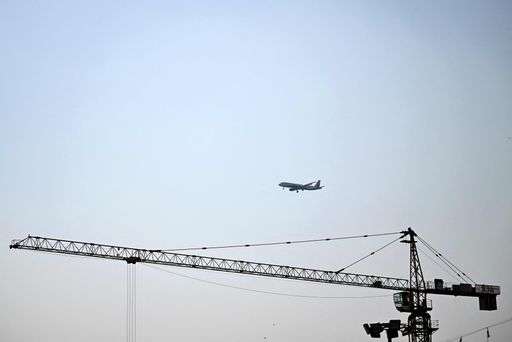








Comment